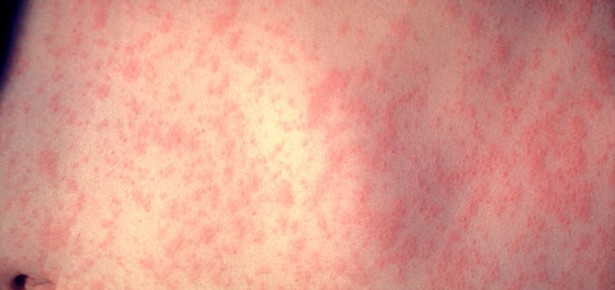
The current outbreak of measles across the United Kingdom, United States, and other industrialized nations has given rise to bitter conflict about vaccinations. Mental health providers may not intuitively think that they play an important role in this conflict; however, they are uniquely positioned to help educate families and to subsequently protect vulnerable children. Many people may believe that the worlds of mental health and medicine are separate, but the world of pediatric psychology shows the beneficial role mental health professionals can play in medicine.
Regarding the measles outbreak, medical professionals can advise parents to vaccinate their child, but for some families, a 15 minute visit with a doctor may not be enough to engender the trust needed for the fears of families to be allayed or for a physician to be aware of the cultural or religious influences that may underlie their fears. The trust developed over time between mental health professionals and families can serve as the solid foundation necessary to discuss the often-contentious topic of child vaccinations. Moreover, mental health professionals are trained to be attuned to cultural and religious influences, and to be able to maintain a respectful approach when intervening in what can be a life-and-death matter.
With careful assessment, clinicians can help determine the basis of parents’ refusal or hesitancy to vaccinate their child, such as parents’ inaccurate knowledge about vaccinations, parental psychiatric symptoms that may be preventing follow through on medical recommendations, logistical barriers that make it difficult for a series of vaccinations to be completed, concern for potential pain experienced by the child while receiving a vaccine, and other factors that may be specific to each family.
After determining the reasons behind parents’ fears about vaccinations, clinicians can utilize targeted interventions to help with this public health crisis, one family at a time. Interventions may include providing accurate information about vaccines, including exposing the “fake news” behind the misidentified link between autism and vaccines, to treat or refer parents for mental health treatment, to provide information about resources available to help overcome logistical barriers, or to assist in reducing procedural anxiety related to receiving a vaccine.
Similar to when clinicians help make other behavioral changes (e.g. quitting smoking or increasing physical activity), motivational interviewing techniques can also be used to help families recognize the discrepancy between their fears about vaccinations and their desire to keep their child safe. Although mental health clinicians should defer from making specific recommendations about vaccine schedules and other medical information, an emphasis upon health promotion via vaccination is an integral part of their commitment to patient health. This health promotion regarding vaccinations is not just an area for intervention but is the duty of every clinician during this public health crisis.
Latest Comments
Have your say!